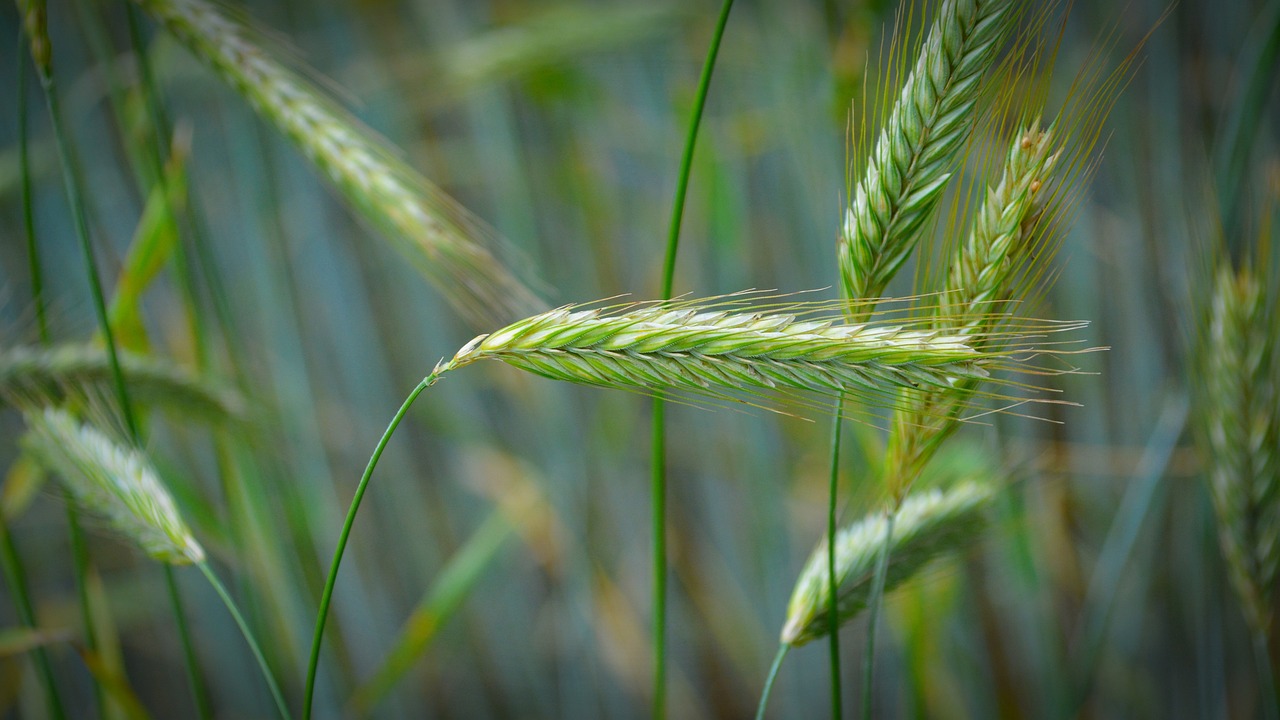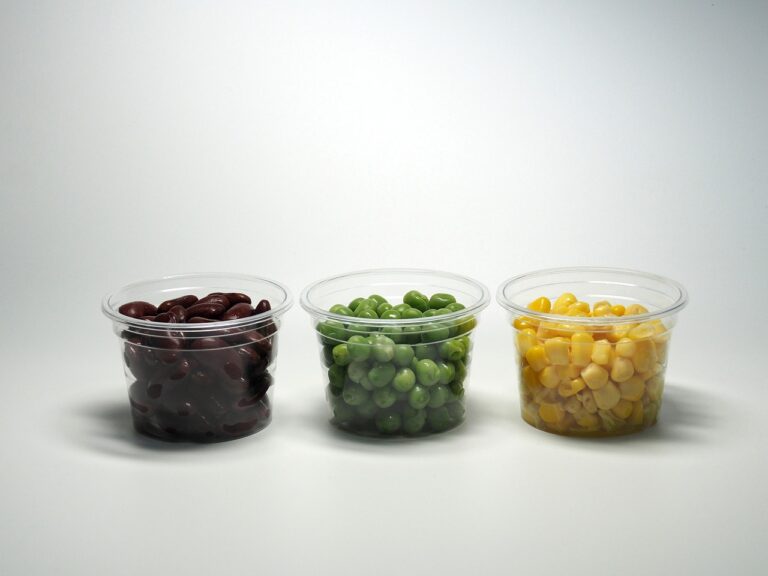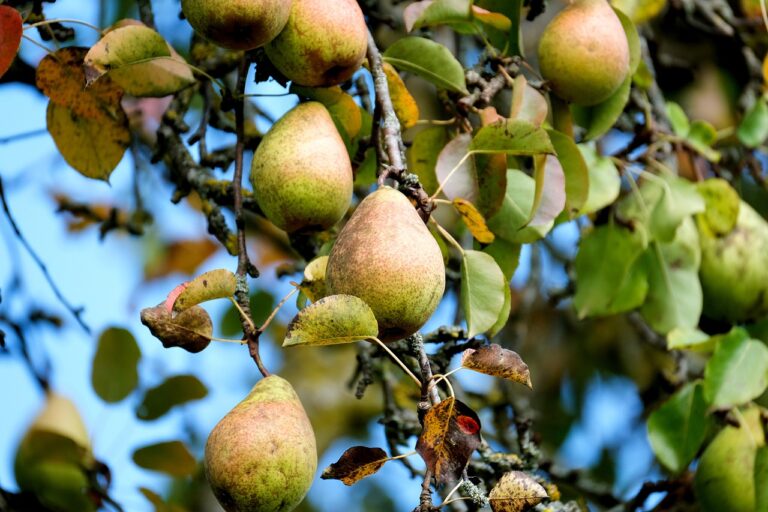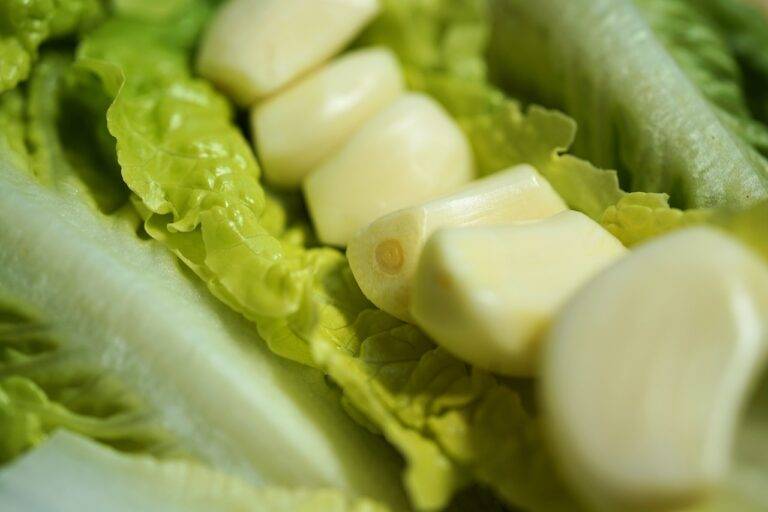The Role of Olive Oil in Celebrating Food Heritage: 11xplaylogin, King567 sign up, Skyinplay
11xplaylogin, king567 sign up, skyinplay: The Role of Olive Oil in Celebrating Food Heritage
Imagine a warm summer evening, surrounded by loved ones, sharing a meal filled with rich flavors and aromas. The centerpiece of this meal? Olive oil. This simple yet versatile ingredient has been a staple in Mediterranean cuisine for centuries, playing a crucial role in celebrating food heritage across the world.
From drizzling it over salads to using it as a cooking base for savory dishes, olive oil is a must-have in the kitchen. Its unique taste and health benefits have made it a favorite among chefs and home cooks alike.
In this blog post, we’ll explore the importance of olive oil in celebrating food heritage, its cultural significance, health benefits, and how you can incorporate it into your own culinary traditions.
The History of Olive Oil
Olive oil has a long and rich history, dating back to ancient times. The cultivation of olive trees and the production of olive oil have been integral to Mediterranean culture for thousands of years. Olive oil was not only used for cooking but also for lighting lamps, skincare, and religious rituals.
The first recorded evidence of olive oil production dates back to 4000 BC in Palestine. From there, olive oil spread throughout the Mediterranean region, becoming a key component of Greek, Roman, and Egyptian cuisines. It was highly prized for its flavor, nutritional value, and medicinal properties.
Today, olive oil is still produced using traditional methods, with many olive oil producers following centuries-old techniques to extract the oil from the olives. This dedication to preserving ancient traditions is what makes olive oil such a vital part of food heritage.
The Cultural Significance of Olive Oil
Olive oil holds a special place in the hearts of those who have grown up with its distinct taste and aroma. In Mediterranean countries like Italy, Greece, and Spain, olive oil is not just an ingredient it’s a symbol of tradition and family.
In these cultures, olive oil is often referred to as “liquid gold” due to its value and importance in daily life. It’s used in everything from salad dressings to desserts, showcasing its versatility and depth of flavor. Families pass down recipes that include olive oil from generation to generation, ensuring that its cultural significance remains strong.
Olive oil is also a key component of culinary tourism, with visitors flocking to olive oil-producing regions to learn about the production process, taste different varieties, and experience the rich history behind this ancient ingredient. It’s not just about the taste it’s about connecting with a culture and a way of life.
The Health Benefits of Olive Oil
In addition to its cultural significance, olive oil is also known for its numerous health benefits. It’s a staple of the Mediterranean diet, which has been linked to lower rates of heart disease, cancer, and other chronic illnesses.
Olive oil is rich in monounsaturated fats, which are considered heart-healthy fats. It’s also packed with antioxidants, anti-inflammatory properties, and vitamins E and K. These nutrients have been shown to lower cholesterol, reduce inflammation, and improve overall heart health.
Studies have also suggested that olive oil may help protect against cognitive decline, promote healthy skin, and even aid in weight loss. Its versatility in the kitchen makes it easy to incorporate into a wide range of dishes, from saut饤 vegetables to homemade pasta sauces.
How to Incorporate Olive Oil into Your Culinary Traditions
Ready to celebrate food heritage with olive oil in your own kitchen? There are countless ways to incorporate this versatile ingredient into your culinary traditions. Here are a few ideas to get you started:
1. Drizzle olive oil over salads for a light and refreshing dressing.
2. Use olive oil as a marinade for meats and vegetables to add flavor and moisture.
3. Roast vegetables with olive oil and herbs for a simple yet delicious side dish.
4. Make homemade hummus using olive oil for a creamy texture and rich taste.
5. Bake bread with olive oil for a moist and flavorful loaf.
6. Finish pasta dishes with a drizzle of olive oil and freshly grated Parmesan cheese for a burst of flavor.
By experimenting with different varieties of olive oil and incorporating it into your favorite recipes, you can create dishes that honor the rich tradition of this ancient ingredient while adding a modern twist.
FAQs
Q: Is olive oil good for cooking?
A: Yes, olive oil is a great option for cooking due to its high smoke point and healthy monounsaturated fats.
Q: Can I substitute olive oil for other oils in recipes?
A: Yes, olive oil can often be used as a substitute for other oils in recipes. Just be mindful of the flavor profile it will bring to the dish.
Q: How should I store olive oil?
A: Olive oil should be stored in a cool, dark place away from heat and light to preserve its flavor and quality.
Q: What is the difference between extra virgin and regular olive oil?
A: Extra virgin olive oil is made from the first pressing of olives, resulting in a higher quality and more flavorful oil compared to regular olive oil.
In conclusion, olive oil plays a vital role in celebrating food heritage by connecting us to our past, nourishing our bodies, and enriching our culinary traditions. Whether drizzled over a salad or used in a homemade pasta sauce, olive oil brings a touch of history and flavor to every dish. So next time you’re in the kitchen, reach for a bottle of olive oil and let its rich tradition inspire your cooking.







